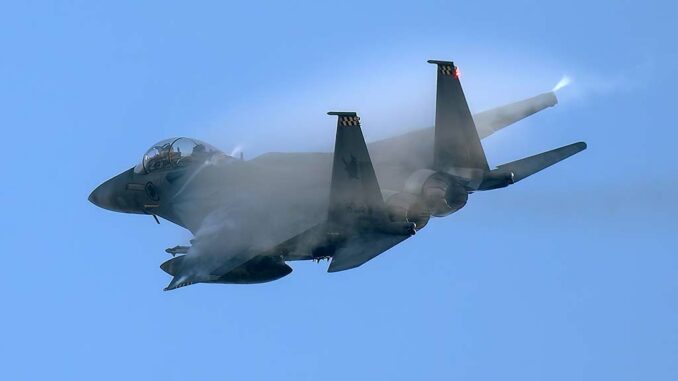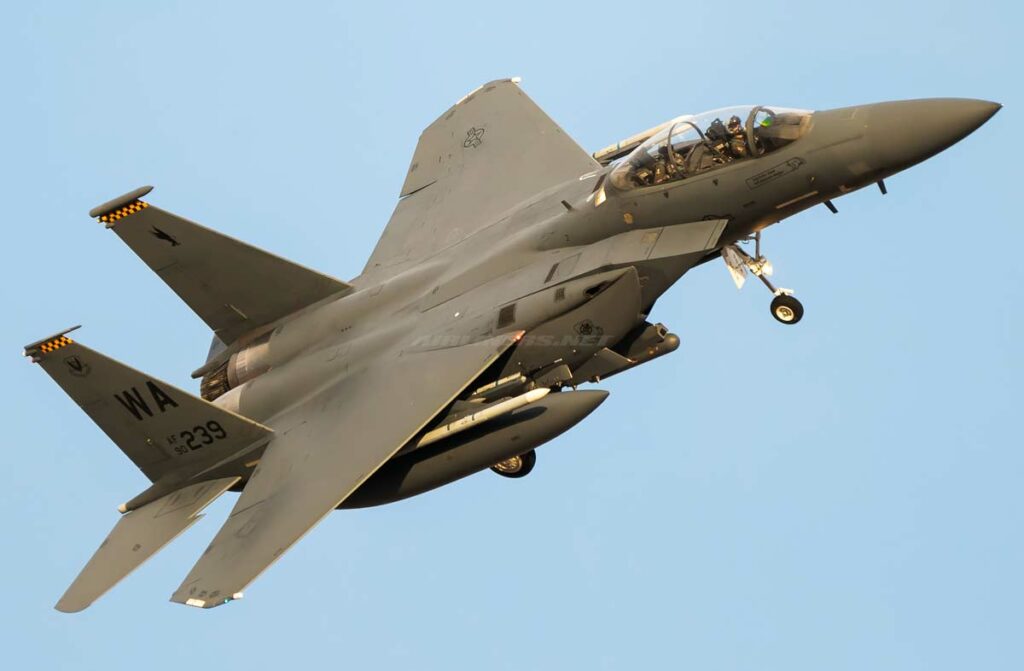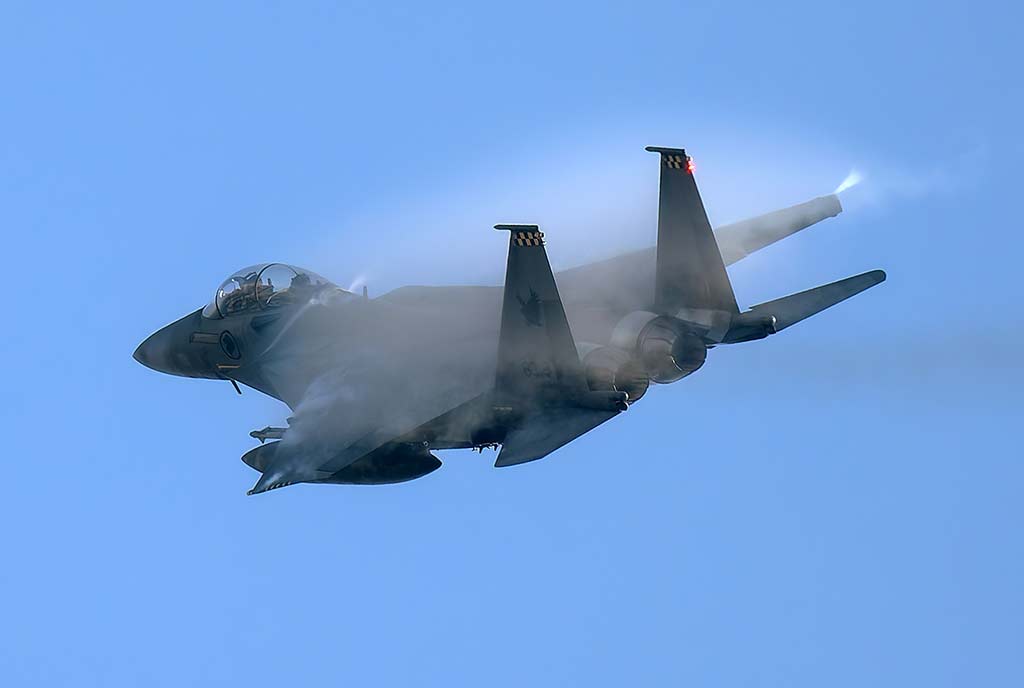
In a significant development in the realm of international defense and aviation, Boeing has completed the delivery of F-15 fighter planes to Qatar. This move not only underscores the strategic importance of Qatar in regional security but also highlights the evolving dynamics of military alliances and the role of advanced technology in modern warfare. This transaction is part of a broader defense agreement that promises to reshape the military landscape of the Gulf region.

Strategic Importance of the F-15 Delivery
The delivery of the F-15s to Qatar represents a pivotal step in modernizing the nation’s air force capabilities. Known for its superior speed and agility, the F-15 is among the most respected and powerful fighter jets in the world. The aircraft’s design allows for incredible maneuverability and speed, making it a formidable asset in air superiority missions. For Qatar, a country situated in a strategically sensitive region, bolstering its air defense capabilities is crucial. The introduction of these advanced fighters provides a significant enhancement to Qatar’s defensive and offensive operations, ensuring a robust deterrent against threats to its sovereignty and stability.
Enhancing Qatar’s Defense Infrastructure
Qatar’s investment in F-15 fighter jets is part of a broader military expansion and modernization initiative. In recent years, Qatar has significantly increased its defense budget, focusing on acquiring state-of-the-art military technology from leading global manufacturers. This acquisition from Boeing does not only increase the operational capabilities of the Qatari Air Force but also ensures compatibility and interoperability with other Gulf Cooperation Council (GCC) members and allied forces, which often utilize similar advanced military platforms supplied by the United States.
Boeing’s Role and Economic Implications
For Boeing, this deal is not just about selling aircraft; it is about cementing a long-term partnership with the Qatari military. This sale includes not just the fighter jets, but a package that encompasses training, support, and maintenance, which will ensure ongoing collaboration between Boeing and the Qatari Air Force for decades. Economically, this deal is substantial. It supports thousands of jobs in the United States and contributes to the economic stability of the manufacturing and defense sectors. Moreover, it reinforces Boeing’s position as a leader in the aerospace industry, showcasing its ability to produce and deliver complex military systems.
Diplomatic and Regional Security Dynamics
The delivery of these fighter jets occurs within a complex regional and international geopolitical context. The Gulf region is characterized by its strategic geopolitical importance and its volatile security environment, which includes various ongoing conflicts and tensions. Qatar’s military upgrade is seen not only as a move to strengthen its national defense but also as a part of a larger strategy to assert its sovereignty and enhance its status as a key player in regional politics.
Furthermore, this deal underscores the strong military and political ties between the United States and Qatar. By facilitating this high-profile military sale, the U.S. reaffirms its commitment to the security of its Gulf allies—a critical element in the broader strategy to maintain stability in the Middle East. The F-15s enhance Qatar’s ability to contribute to joint defense initiatives and potentially collaborate on security operations that aim to maintain regional peace.
Technological Advancements and Operational Capabilities
The F-15 fighters delivered to Qatar are equipped with some of the most advanced avionics and weapons systems available today. These aircraft are capable of performing a wide range of operations, including air-to-air combat and air-to-ground strikes. They are designed to integrate seamlessly with other systems and platforms within the Qatari military, enabling complex, multi-dimensional defense strategies.

Looking Ahead: Implications for Global Defense Trends
The completion of this delivery marks a significant milestone in the global defense industry and has implications for future military procurements and alliances. As nations continue to upgrade their defense capabilities with technologically advanced equipment, the global arms trade dynamics are likely to evolve. Additionally, as countries like Qatar bolster their military capabilities, the balance of power in sensitive regions could shift, leading to new alignments and possibly new approaches to regional conflict resolutions and peacekeeping efforts.
Boeing’s delivery of F-15 fighter planes to Qatar is a multifaceted development with significant implications for national security, regional stability, and international military cooperation. It not only strengthens Qatar’s defense capabilities but also highlights the critical role of advanced military technology in contemporary geopolitical strategies. As nations around the world continue to navigate complex security challenges, partnerships like that between Boeing and Qatar will play a pivotal role in shaping the future of international defense and diplomacy.
War Wings Daily is an independant magazine.